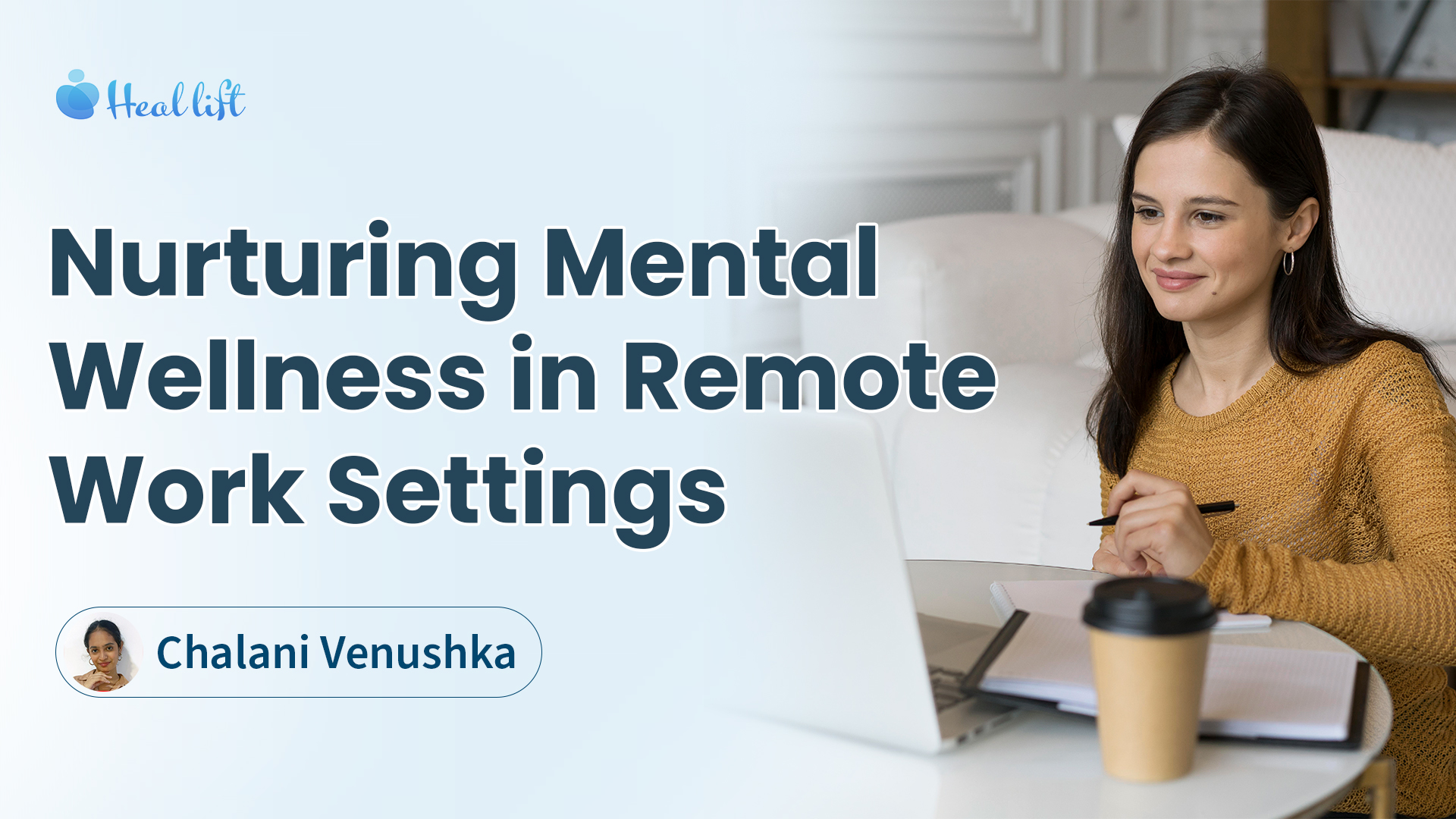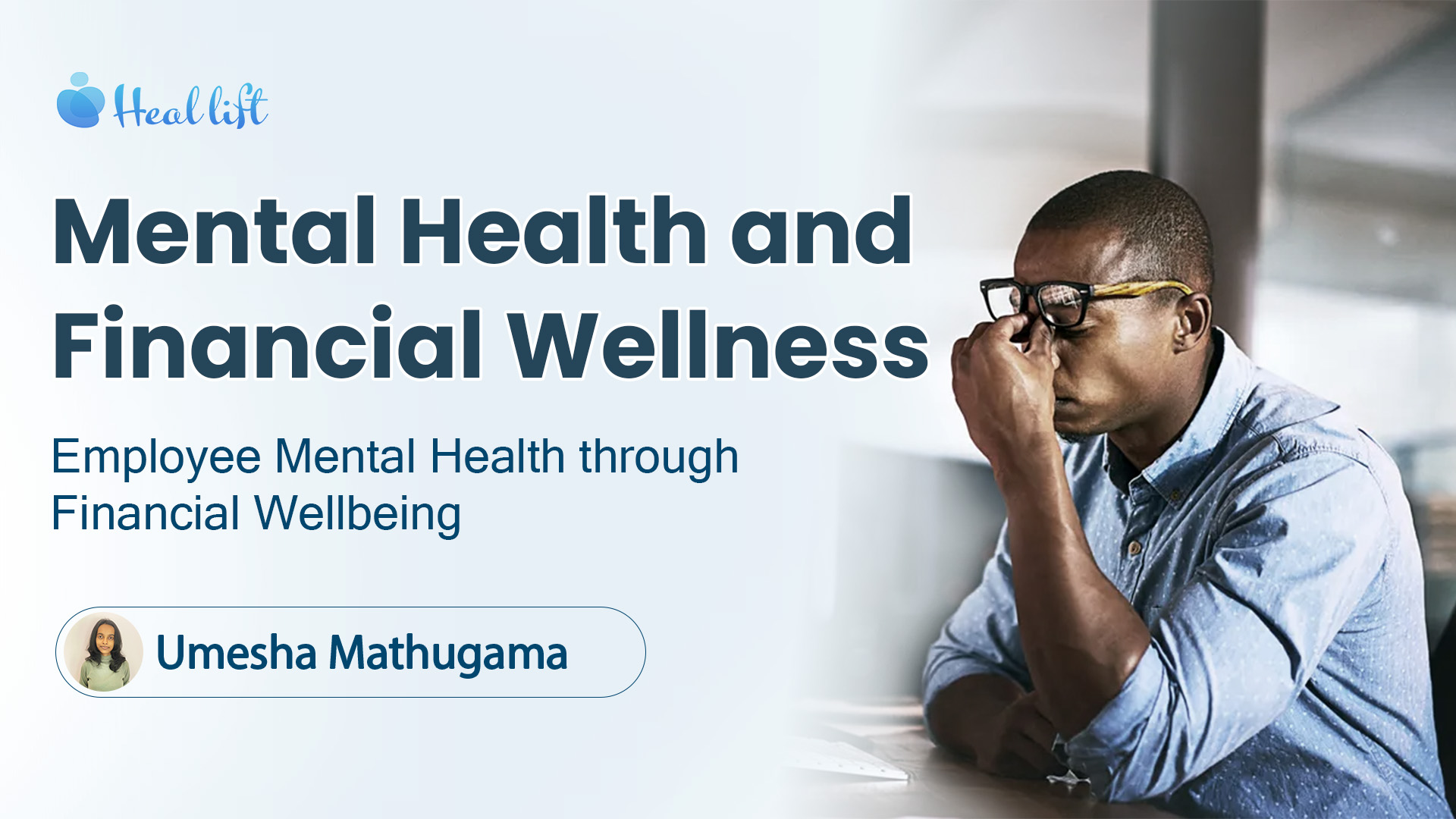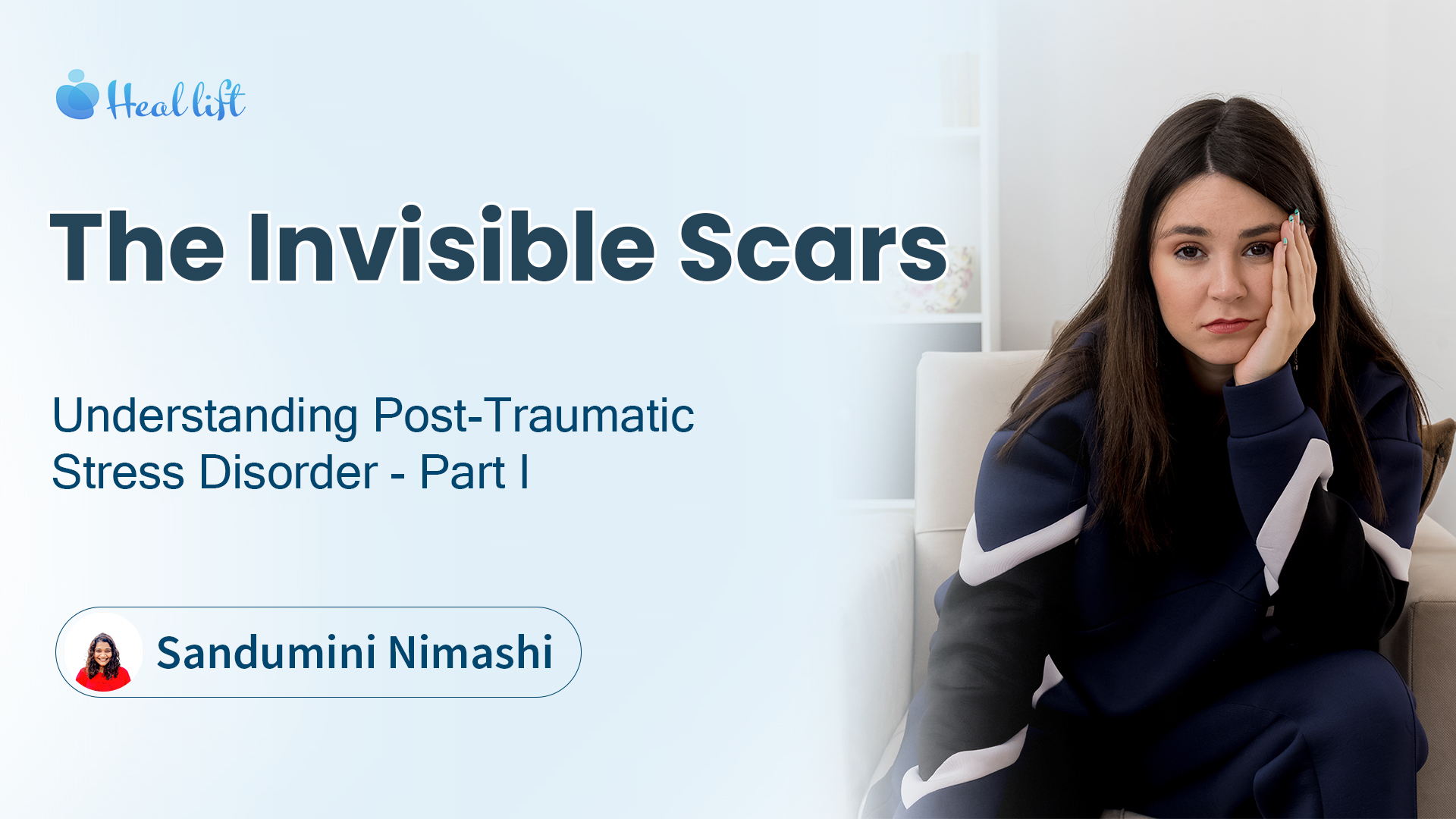What is Mental Stress?
Imagine your mind as a bustling city, each thought a citizen bustling through the streets of your consciousness. Mental stress is like a sudden traffic jam, gridlocking those streets, causing chaos, honking horns, and making it hard for the city's inhabitants (your thoughts) to navigate smoothly. It's like an unexpected downpour in the middle of a busy day, soaking everything and making it harder to see clearly or move forward with ease.
Causes of Mental Stress
Mental stress can stem from various sources, including:
1. Work or Academic Pressures - Deadlines, high expectations, workload, exams or performance demands can create stress.
2. Relationship Issues - Conflicts, breakups, family discord or social challenges can significantly contribute to stress.
3. Financial Concerns - Struggles with money, debts or financial instability can cause significant stress.
4. Health Challenges - Chronic illnesses, injuries or caring for a sick family member can lead to stress.
5. Life Changes - Major life events like moving, starting a new job, getting married or having a child can be stress-inducing.
Symptoms of Mental Health
Symptoms of mental stress can manifest in various ways, affecting both your mind and body. Some common signs include:
1. Emotional - Feelings of anxiety, irritability, sadness, or mood swings. You might also experience a sense of overwhelm, a constant feeling of worry, or difficulty in controlling emotions.
2. Physical - Headaches, muscle tension, fatigue, changes in appetite (eating more or less), disrupted sleep patterns, or gastrointestinal issues like stomach pain or digestive problems.
3. Behavioral - Changes in social interactions, withdrawal from usual activities, increased use of substances (alcohol, tobacco, etc.), restlessness, or nervous habits (nail-biting, pacing, etc.).
4. Psychological - Feeling a lack of control, experiencing a sense of impending doom, or having intrusive thoughts.
5. Sleep-related - Difficulty falling asleep, staying asleep, or experiencing restless sleep patterns.
Recognizing these symptoms is crucial for early intervention and seeking support to manage stress effectively.
Impact on Mental Health
Prolonged mental stress can have significant impacts on mental health, leading to various consequences:
1. Anxiety Disorders - Persistent stress can heighten anxiety levels, leading to the development of anxiety disorders such as generalised anxiety disorder, panic disorder, or social anxiety disorder.
2. Depression - Chronic stress can increase the risk of developing depression or exacerbate existing depressive symptoms.
3. Burnout - Prolonged stress in the workplace or personal life can lead to burnout, characterised by emotional exhaustion, reduced performance, and a sense of detachment.
4. Insomnia and Sleep Disorders - Stress can disrupt sleep patterns, leading to insomnia or other sleep-related issues, further impacting mental and physical health.
5. Substance Abuse - Some individuals might turn to substances like alcohol or drugs as a way to cope with stress, leading to substance abuse or addiction problems.
6. Social and Relationship Issues - Prolonged stress can strain relationships, leading to conflicts, isolation, or difficulties in maintaining healthy social connections.
It's essential to address and manage stress early on through coping strategies, seeking support from mental health professionals, and adopting healthy lifestyle practices to mitigate its potential long-term impacts on mental health.
Coping Strategies
1. Deep Breathing and Relaxation Techniques
2. Healthy Lifestyle
3. Mindfulness and Mind-Body Practices (Practice mindfulness, yoga etc.)
4. Hobbies and Leisure Activities
5. Seek Professional Help
6. Positive Thinking: Practice reframing negative thoughts into more positive and realistic perspectives to reduce stress and anxiety.
Remember, what works for one person might not work for another, so it's essential to explore and find the strategies that best suit your needs and preferences. Combining multiple techniques often creates a more comprehensive approach to stress management.
Professional Help
Seeking professional help for severe or persistent mental stress is crucial for several reasons:
1. Specialised Support - Mental health professionals, such as psychologists, psychiatrists, or therapists, are trained to assess, diagnose, and treat various mental health conditions. They offer specialised support tailored to individual needs.
2. Effective Strategies - Professionals can provide evidence-based strategies and techniques to manage stress, anxiety, or other mental health issues effectively.
3. Medication Management - In cases where medication might be necessary, psychiatrists can provide appropriate prescriptions and monitor their effectiveness.
Remember, seeking professional help is not a sign of weakness; it's a proactive step toward better mental health and overall well-being. If stress or mental health concerns are significantly impacting daily life, relationships, or functioning, reaching out to a mental health professional is a crucial and beneficial decision.
Lifestyle Factors
Lifestyle choices play a significant role in managing mental stress. Several aspects of our daily habits and routines can either contribute to or alleviate stress:
1. Healthy Diet - Nutrient-dense foods can positively impact mood and energy levels, reducing the effects of stress.
2. Adequate Sleep - Quality sleep is vital for stress management.
3. Limiting Stimulants - Reducing the intake of stimulants like caffeine, alcohol, or nicotine can help regulate mood and sleep patterns, positively impacting stress levels.
4. Hobbies and Leisure Activities
By making conscious and positive lifestyle choices, individuals can create an environment that fosters resilience against stress, promotes mental well-being, and equips them with tools to effectively manage and reduce stress levels in their daily lives.
Prevention
Preventing mental stress entirely might not be feasible, but adopting certain strategies can help mitigate its impact and reduce its occurrence:
1. Self-Care - Prioritise self-care by allocating time for relaxation, hobbies, and activities that bring joy. Taking breaks, practising mindfulness, and setting boundaries can prevent excessive stress accumulation.
2. Healthy Boundaries - Establish clear boundaries in personal and professional life to manage workload, avoid over commitment, and maintain a balance between responsibilities and personal time.
3. Mindfulness Practices
4. Healthy Lifestyle Habits
5. Seek Support
While complete prevention might not be achievable, these practices can significantly reduce the frequency and intensity of stressors, contributing to a healthier mental state and improved ability to manage stress when it arises.












